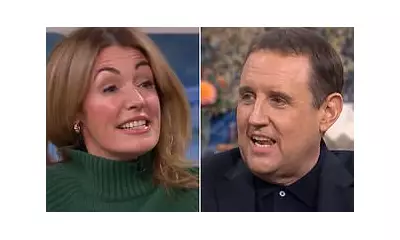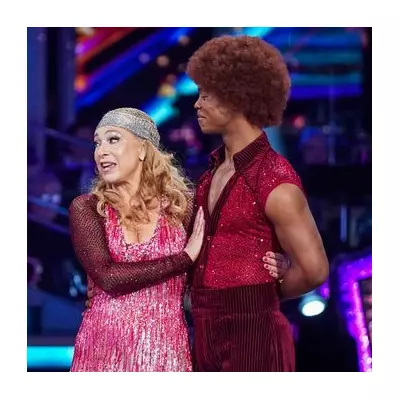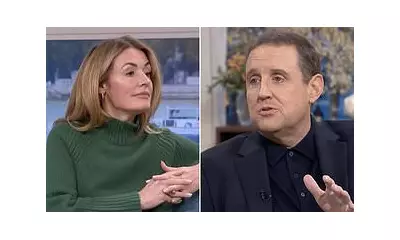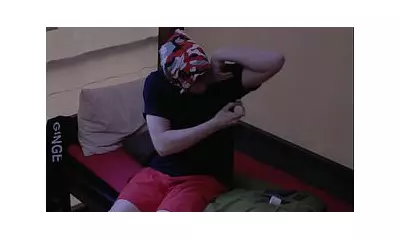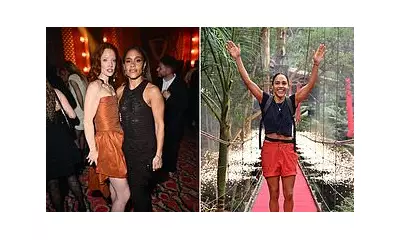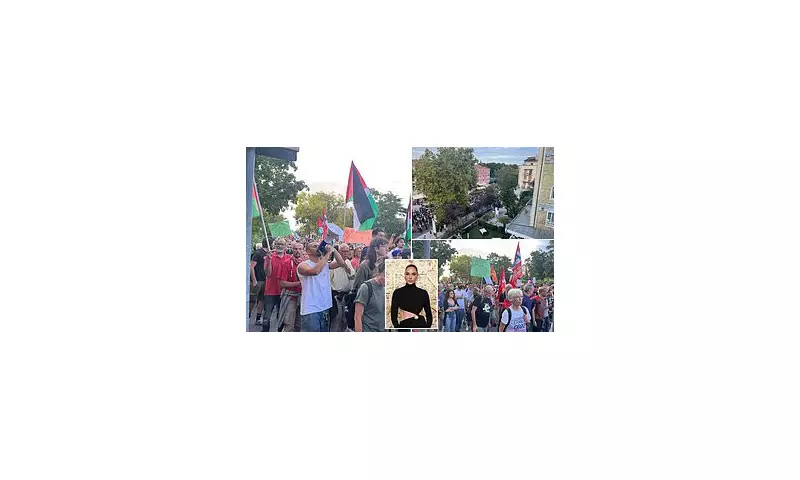
The 80th Venice International Film Festival became the latest cultural battleground in the ongoing Israel-Hamas conflict as pro-Palestinian demonstrators staged a significant protest during the premiere of an Israeli director's film.
Confrontation on the Red Carpet
Dozens of activists gathered outside the Palazzo del Cinema on Venice's Lido island, creating a tense atmosphere for attendees of "The Siege" by Israeli director Dani Rosenberg. The protesters, waving Palestinian flags and carrying banners with messages including "No Film During a Genocide," voiced their opposition to Israel's participation in the festival amid ongoing military operations in Gaza.
Chants of "Free Palestine" and "Israel assassin" echoed across the iconic venue as festival-goers, including journalists and industry professionals, navigated their way through the demonstration to attend the screening.
The Film at the Centre of Controversy
Rosenberg's film, which explores themes of isolation and conflict through the story of a man barricading himself in his apartment, ironically found itself at the heart of a real-world political confrontation. The director addressed the protests during a news conference, acknowledging the complexity of the situation while defending his artistic expression.
"I'm not here to represent the government of Israel," Rosenberg stated, emphasising that his presence was about cinematic art rather than political endorsement.
Security Response and Festival Atmosphere
Italian authorities maintained a significant security presence around the festival grounds, ensuring the protest remained peaceful despite the heightened emotions. The demonstration occurred as the festival approached its conclusion, marking one of the most significant political interventions in this year's event.
The Venice Biennale organisation, which oversees the film festival, has maintained its tradition of welcoming cinematic talent from conflict zones worldwide, though this policy increasingly faces challenges in today's politically charged climate.
Broader Cultural Implications
This incident continues the pattern of cultural events becoming platforms for geopolitical protests, following similar demonstrations at other international festivals. The art world continues to grapple with balancing artistic freedom with political sensitivities, particularly regarding the ongoing Middle East conflict.
The protest underscores how international cultural gatherings have become increasingly politicised, with artists and attendees often finding themselves unwilling participants in global diplomatic disputes.

